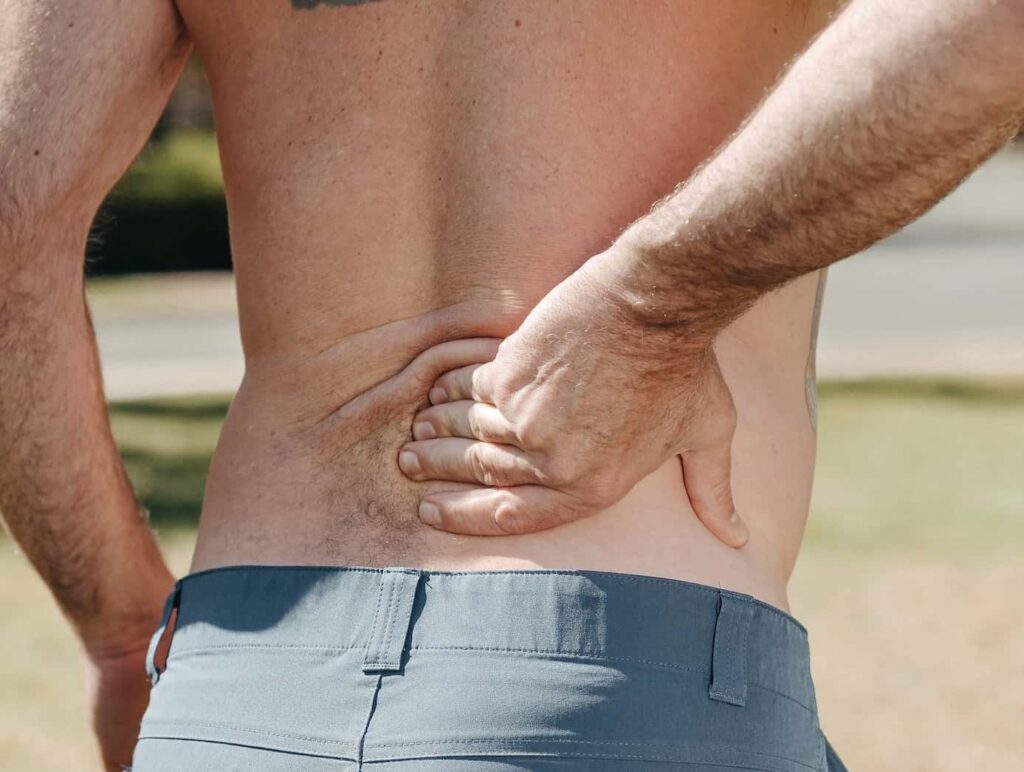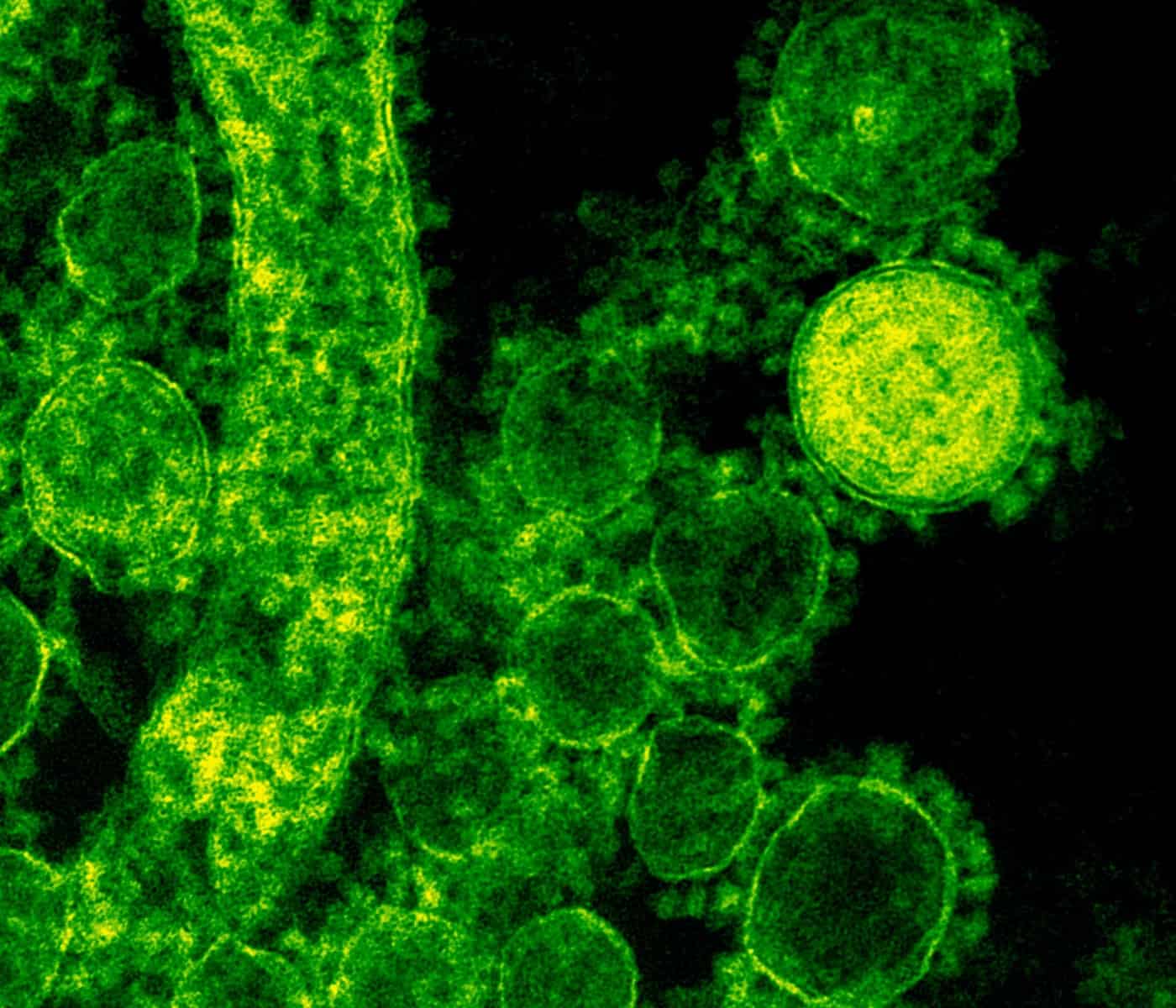10 Foods to Avoid For Osteoporosis: Protect Your Bones for Life
Admin
- 0

Contents
ToggleOsteoporosis:
Osteoporosis is a condition that makes bones weak and brittle, so they can break easily, even with a minor fall or bump. It is crucial for individuals with osteoporosis to understand which foods to avoid in order to make informed choices and protect their skeletal strength. In this article, we will discuss the foods that should be avoided with osteoporosis and the reasons behind their detrimental effects on bone health.
1. Carbonated Soft Drinks
Carbonated soft drinks, including soda and fizzy beverages, should be limited or avoided by individuals with osteoporosis. These drinks contain phosphoric acid, which can increase the excretion of calcium from the body, leading to weakened bones over time. Additionally, the caffeine present in these beverages can also contribute to calcium loss. Moreover, consuming soda often replaces healthier beverage options like milk or fortified plant-based alternatives, resulting in inadequate calcium intake. It is advisable to choose water, herbal tea, or calcium-fortified juices as alternatives to carbonated drinks for individuals with osteoporosis.
2. Salty and Processed Foods
Foods high in salt, such as processed meats, canned soups, and salty snacks like chips, should be limited in the diet of individuals with osteoporosis. A high-sodium diet can increase the excretion of calcium through urine, depleting the body’s calcium reserves and weakening bones. Furthermore, processed foods often lack essential nutrients like vitamin D, magnesium, and potassium, which are crucial for maintaining bone health. To support strong bones, individuals should focus on consuming fresh, whole foods and flavor their meals with herbs and spices instead of excessive salt.
3. Excessive Alcohol
Alcohol can make your bones weak and more likely to break. It does this by blocking the body’s ability to absorb calcium and vitamin D, which are important nutrients for bone health. Alcohol can also make you more likely to fall, which can lead to fractures. If you have osteoporosis, it’s important to limit your alcohol intake or avoid it altogether.
4. Caffeine-Rich Beverages
Caffeine, commonly found in coffee, tea, energy drinks, and some sodas, can interfere with calcium absorption and increase calcium excretion from the body. However, moderate caffeine consumption (about 300 mg per day) is generally considered safe for most individuals. It is worth noting that some studies suggest excessive caffeine intake may have a more pronounced effect on bone health in older women. To support strong bones, it is advisable to limit caffeine intake and choose decaffeinated alternatives when possible.
Also Read: Benefits of walking everyday
5. High-Phosphorus Foods
Certain foods high in phosphorus can disrupt the delicate balance between calcium and phosphorus in the body, leading to increased calcium excretion and weakening of bones over time. Examples of high-phosphorus foods include carbonated beverages, processed meats, certain dairy products, and processed snacks. While these foods do not need to be completely avoided, individuals with osteoporosis should consume them in moderation and ensure they maintain a well-balanced diet that includes adequate calcium intake.
6. High-Sugar Foods and Sweets
Foods high in sugar, such as candies, pastries, and sugary desserts, should be consumed sparingly by individuals with osteoporosis. Excessive sugar intake can lead to inflammation and oxidative stress in the body, which can negatively affect bone health. Additionally, high-sugar diets often lack essential nutrients, including calcium and vitamin D, which are necessary for maintaining strong bones. It is important to prioritize nutrient-dense foods instead of indulging in sugary treats to support optimal bone health.
7. Red Meat and Processed Meats
While lean cuts of red meat can provide valuable nutrients, excessive consumption of red meat and processed meats should be avoided by individuals with osteoporosis. These meats tend to be high in saturated fats, which can increase inflammation and have a negative impact on bone density. Moreover, processed meats such as sausages and deli meats often contain high levels of sodium and preservatives that can contribute to calcium loss. It is advisable to choose lean protein sources like poultry, fish, legumes, and tofu as alternatives to red and processed meats.
8. High-Oxalate Foods
Foods high in oxalates, such as spinach, rhubarb, beet greens, and certain nuts, can interfere with calcium absorption and contribute to the formation of kidney stones. While these foods offer various health benefits, individuals with osteoporosis should consume them in moderation and ensure they receive sufficient calcium from other sources. It is important to note that cooking or steaming high-oxalate foods can help reduce their oxalate content, making them less likely to interfere with calcium absorption.
9. Excessive Sodium
Apart from salty and processed foods, individuals with osteoporosis should also be cautious about their overall sodium intake. High levels of sodium in the diet can increase calcium excretion and weaken bones. It is recommended to limit the use of table salt and choose low-sodium alternatives whenever possible. Additionally, reading food labels carefully and opting for fresh, unprocessed foods can help reduce sodium intake and promote better bone health.
Also Read: Sleep Apnea Revealed: Causes, Symptoms, and Discovering Solutions
10. High-Phytate Foods
Foods rich in phytates, such as whole grains, legumes, and certain nuts and seeds, contain compounds that can inhibit calcium absorption. While these foods offer other nutritional benefits, individuals with osteoporosis should ensure they balance their intake by consuming sufficient calcium-rich foods alongside high-phytate foods. Soaking, fermenting, or sprouting these foods can help reduce their phytate content and enhance mineral absorption.
Note:
Dietary choices are crucial for individuals with osteoporosis to maintain strong bones and reduce the risk of fractures. By avoiding or limiting the consumption of carbonated soft drinks, salty and processed foods, excessive alcohol, caffeine-rich beverages, and high-phosphorus foods, individuals can protect their bone health. Instead, they should focus on consuming a balanced diet rich in calcium, vitamin D, magnesium, and other essential nutrients. Consulting with a healthcare professional or registered dietitian can provide personalized guidance on the dietary needs of individuals with osteoporosis. Remember, healthy eating habits play a vital role in building and preserving strong bones throughout life.
FAQs
What are the 5 symptoms of osteoporosis?
Ans.
1. Back pain: This is the most common symptom of osteoporosis, and it can be caused by a collapsed vertebra.
2. Loss of height: Over time, the bones in your spine can collapse, which can lead to a loss of height.
3. Stooped posture: This is another common symptom of osteoporosis, and it is caused by the collapse of the bones in your spine.
4. Fractures: Osteoporosis can increase your risk of fractures, especially in the hip, wrist, and spine.
5. Receding gums: This is a less common symptom of osteoporosis, but it can be a sign that your bones are becoming weak.
Is osteoporosis a curable disease?
Ans. Osteoporosis is not a curable disease, but it can be treated. Treatment can help slow the loss of bone density and reduce the risk of fractures. There are a number of treatment options available, including lifestyle changes, medication, and surgery.
What is the best solution for osteoporosis?
Ans. There is no one-size-fits-all solution for osteoporosis, as the best treatment will vary depending on the individual’s needs. However, there are a number of things that can be done to help reduce the risk of fractures and improve overall bone health.


